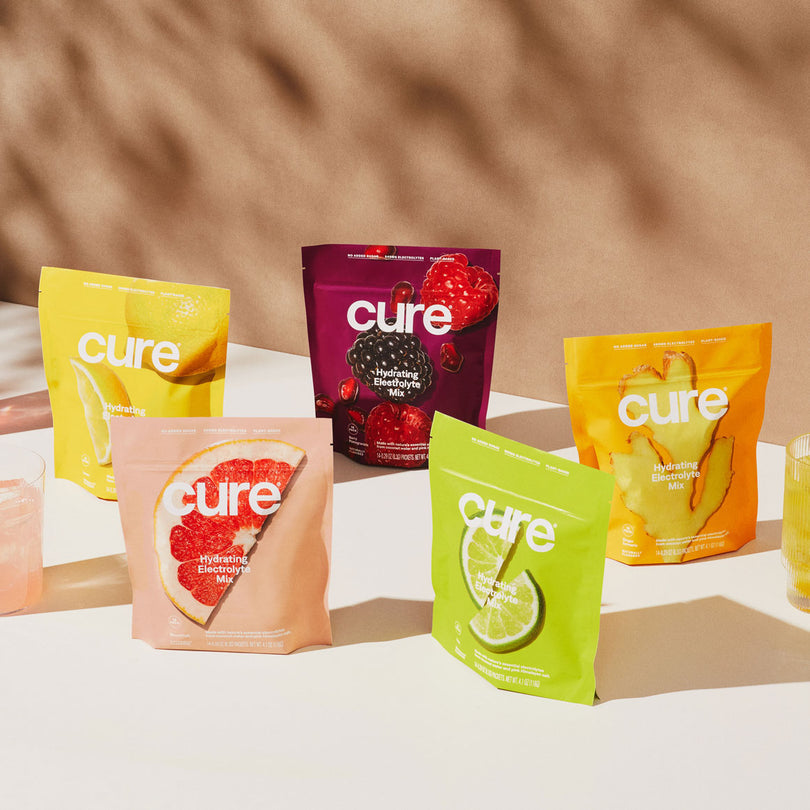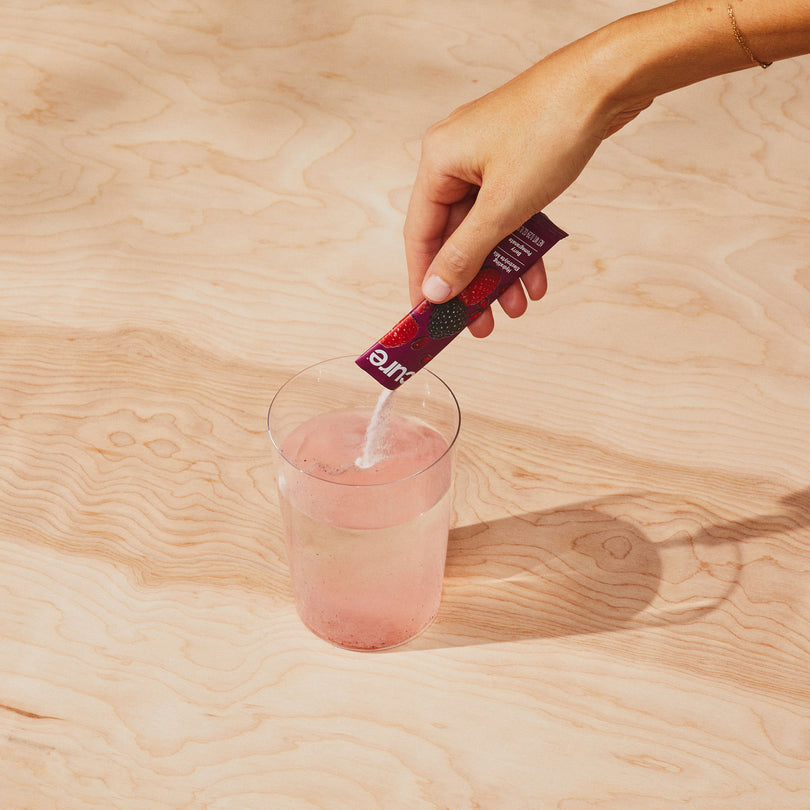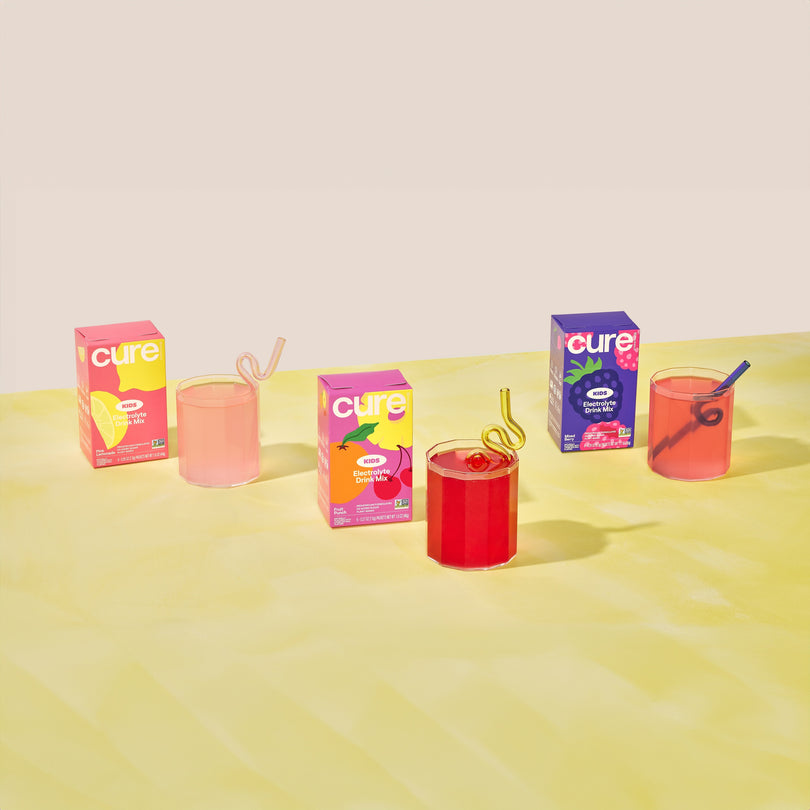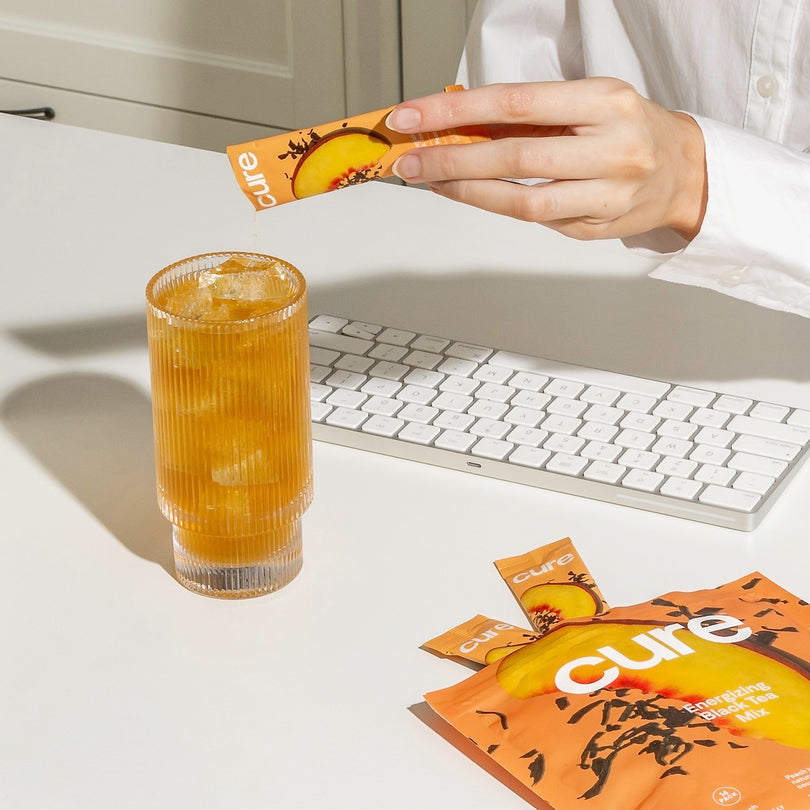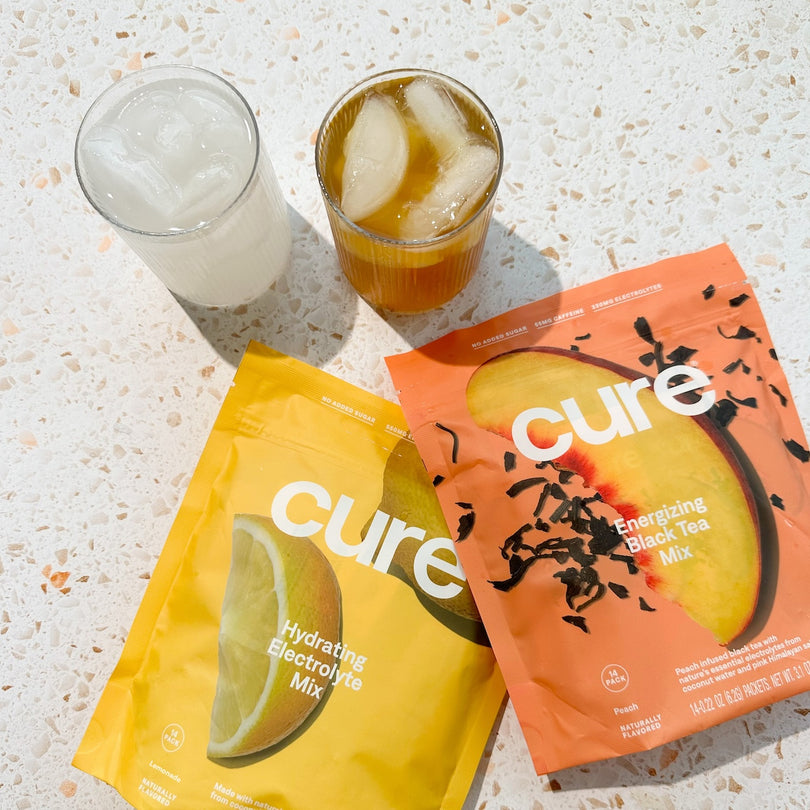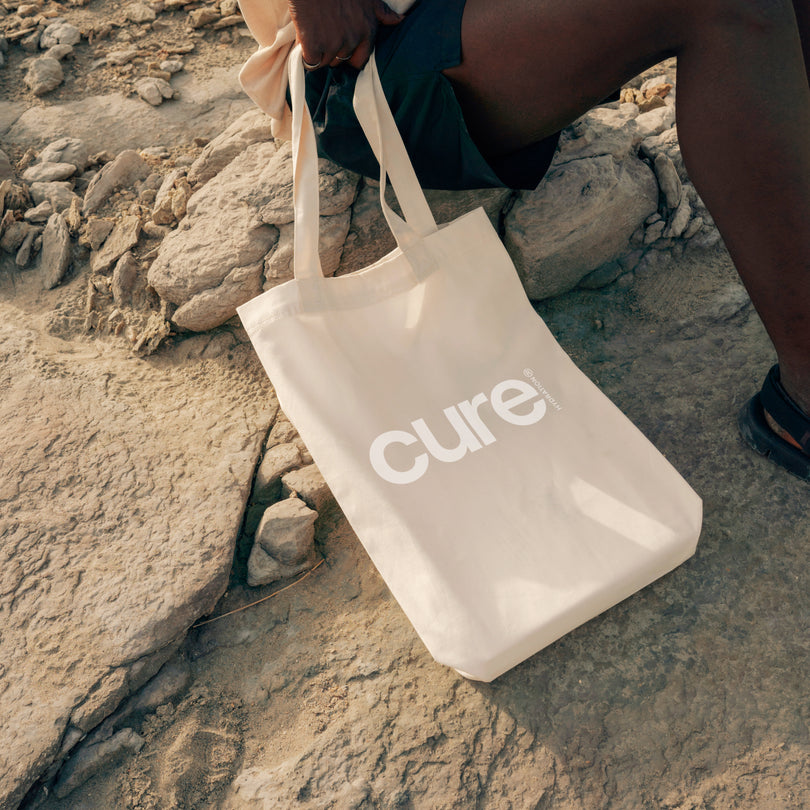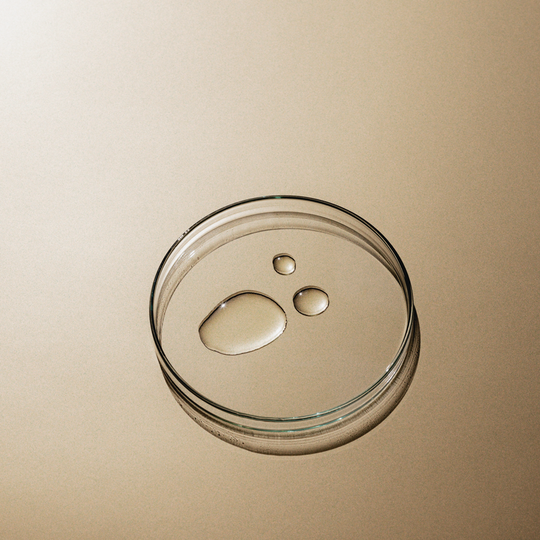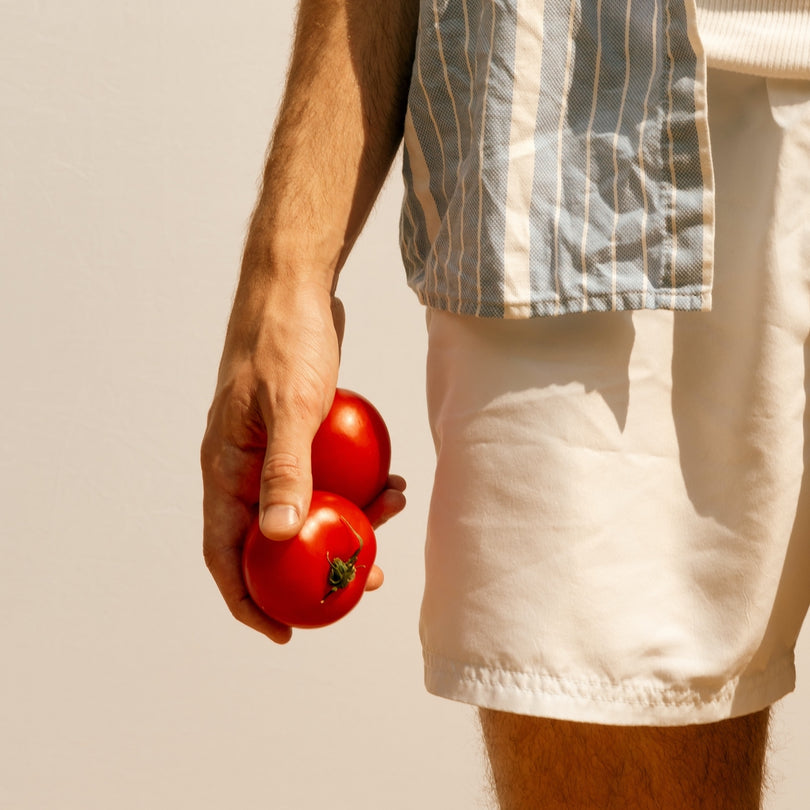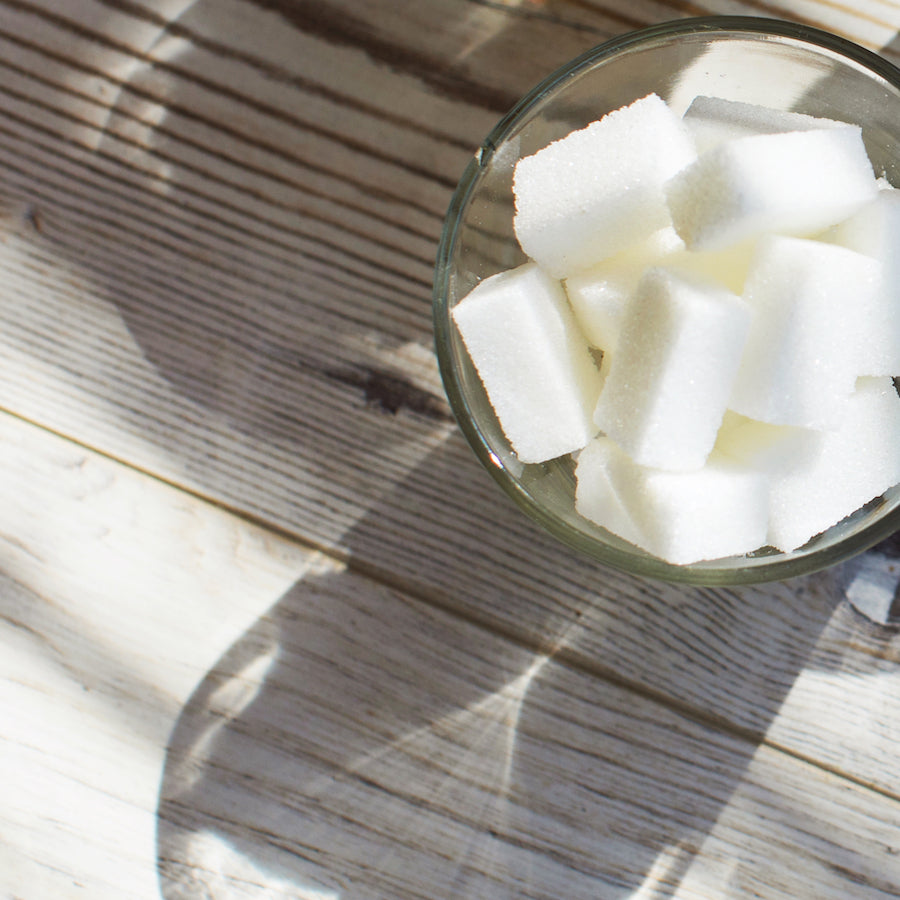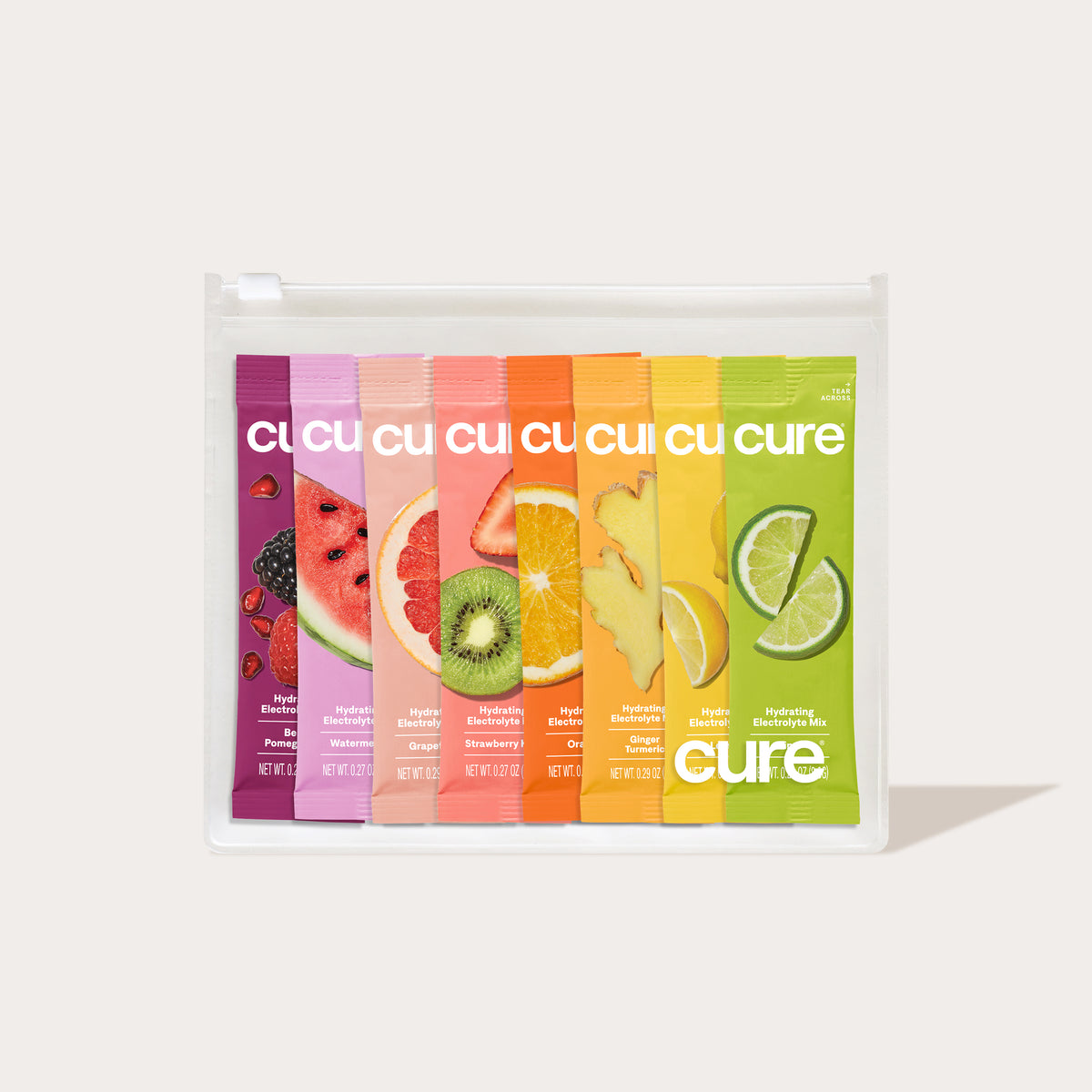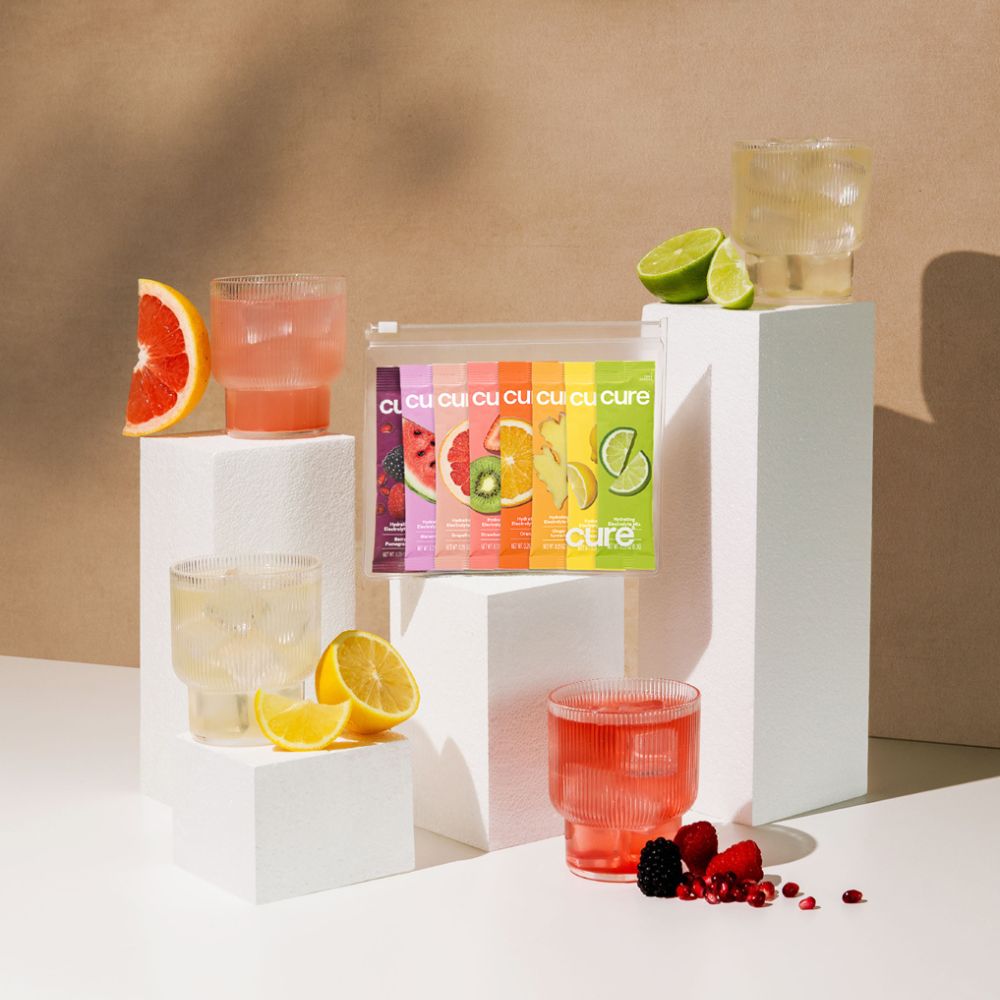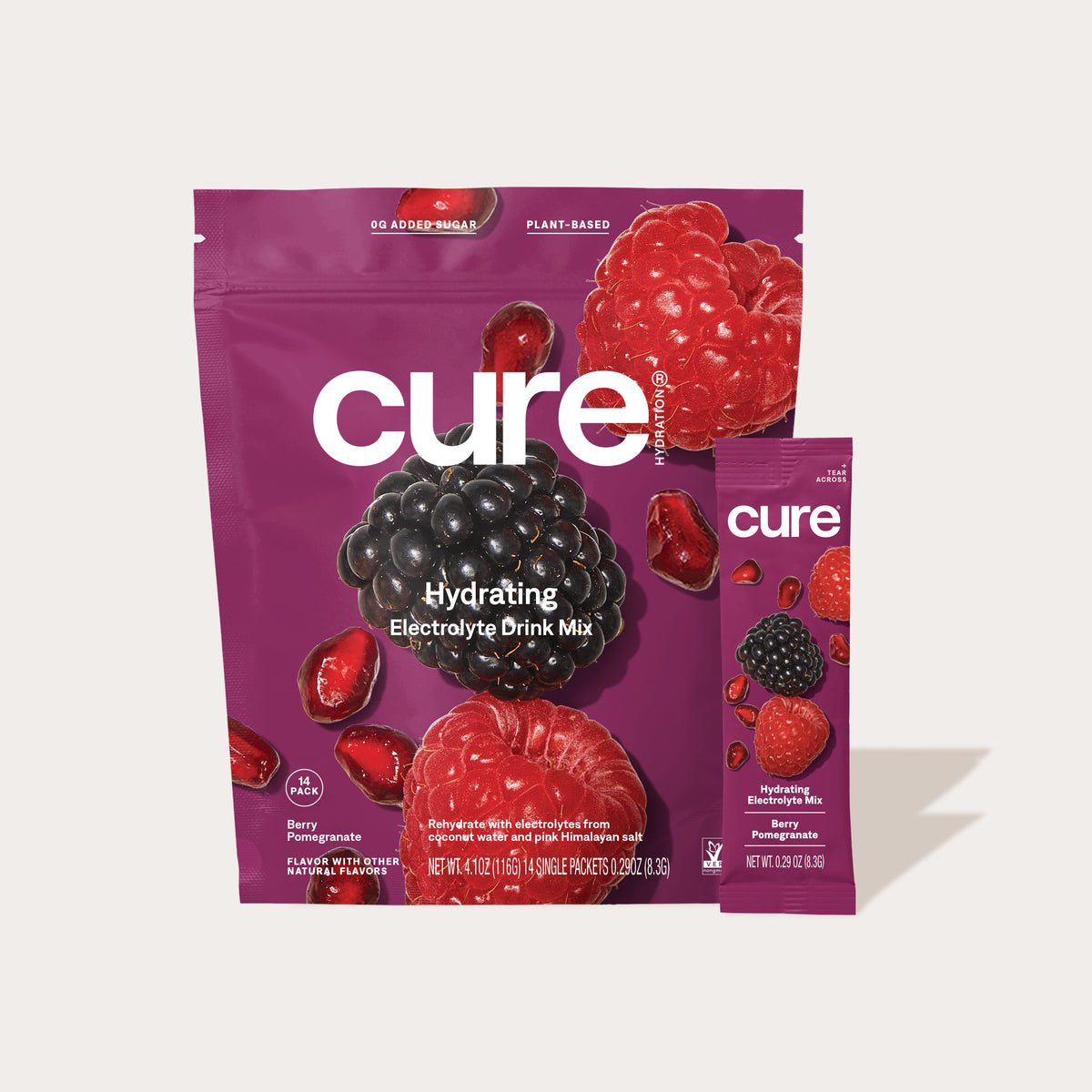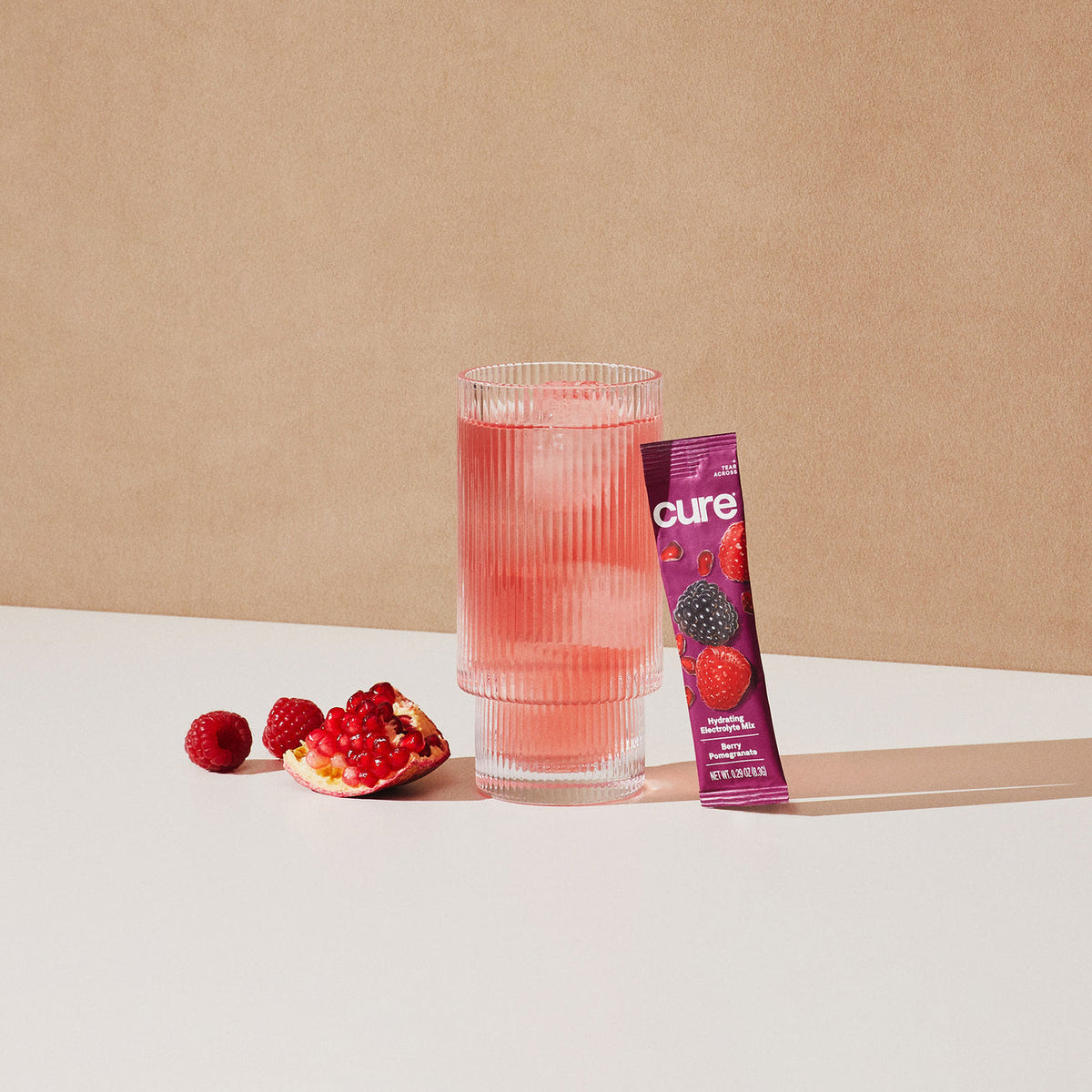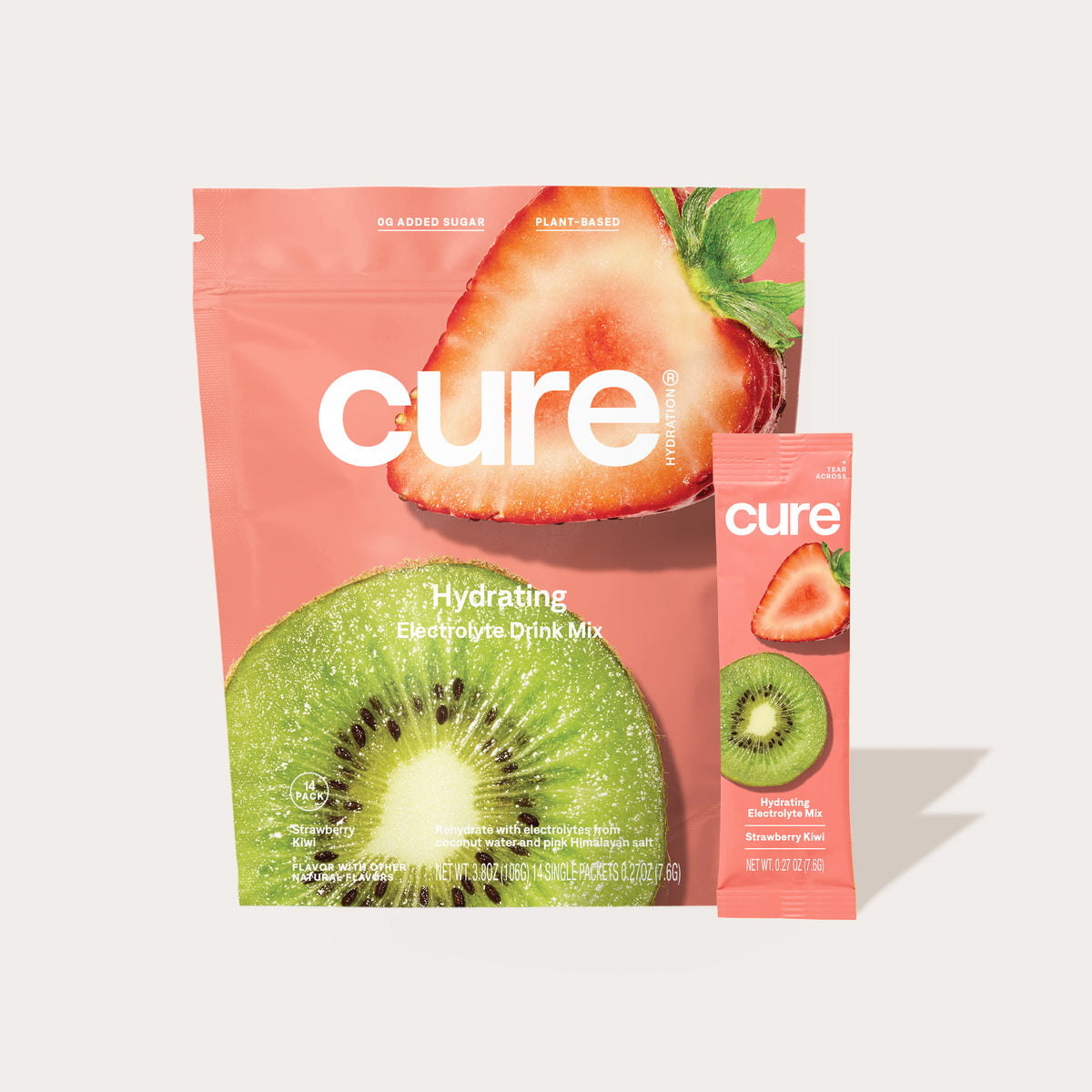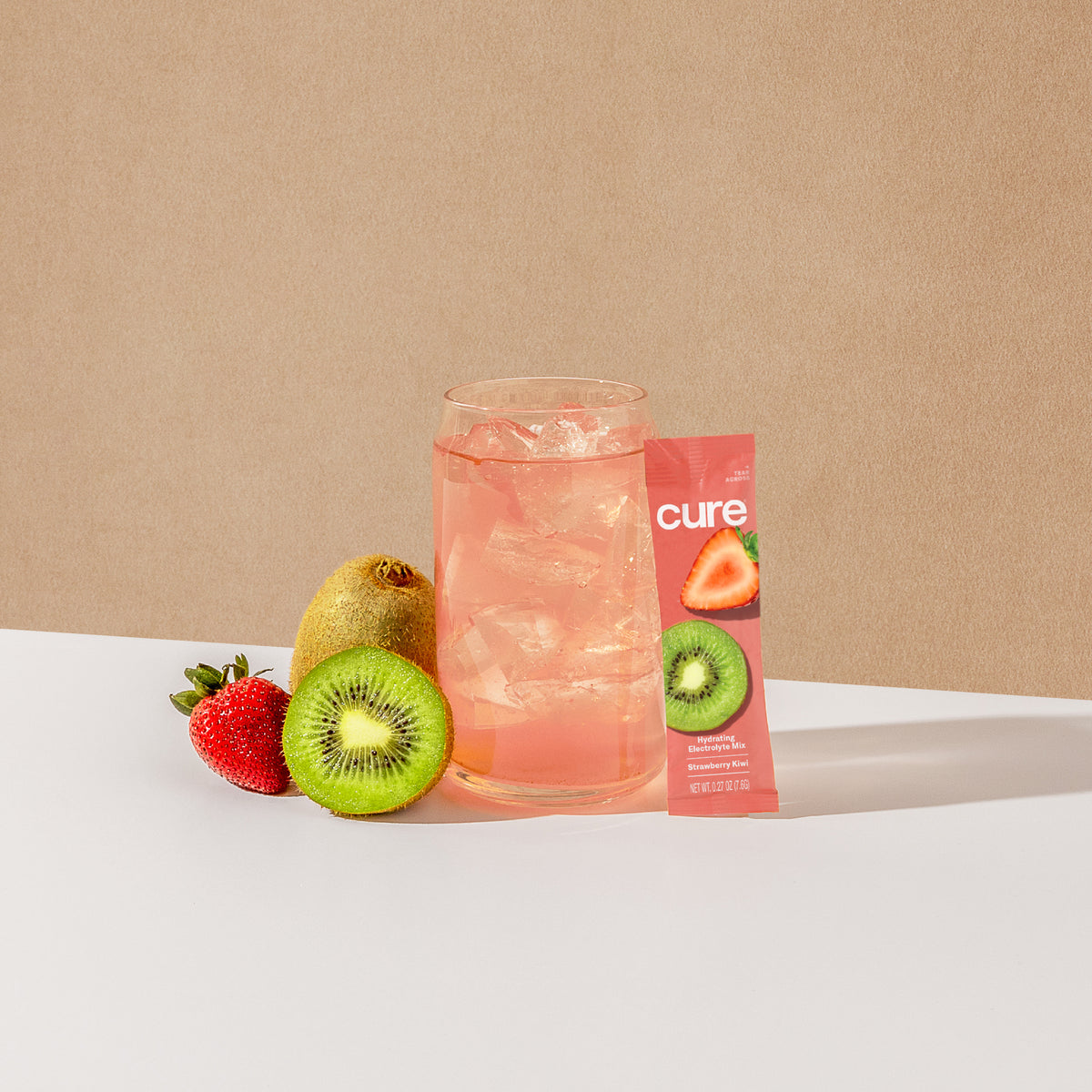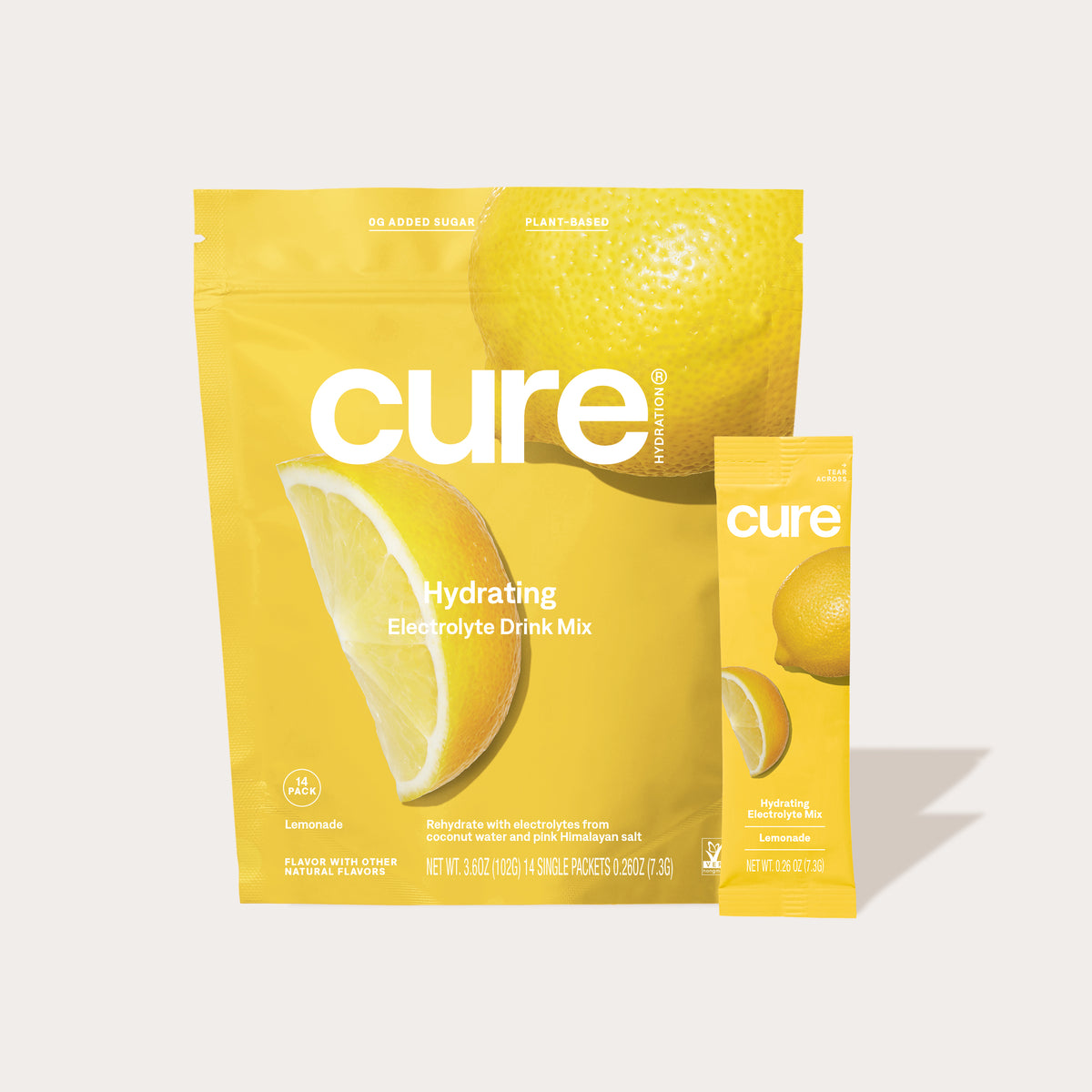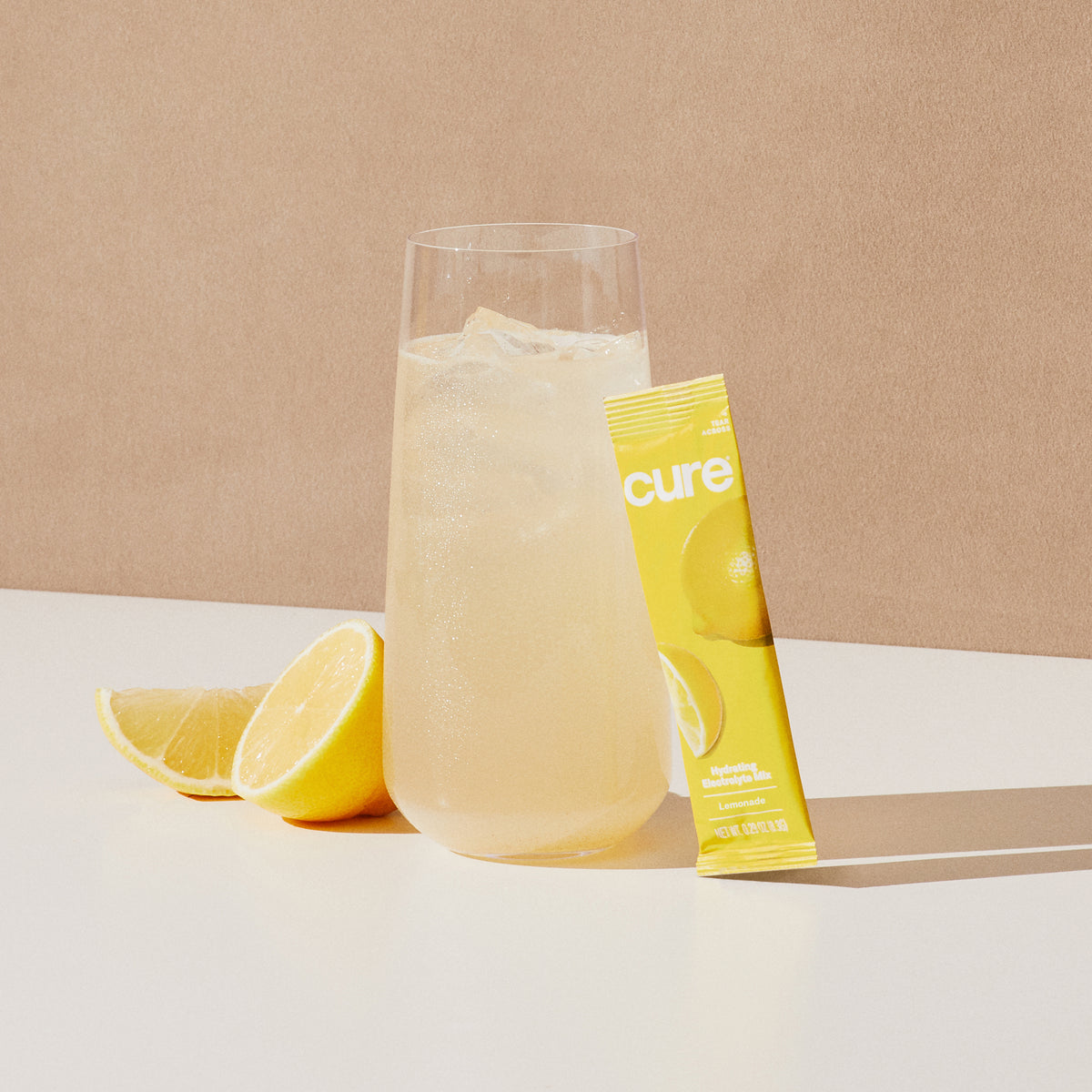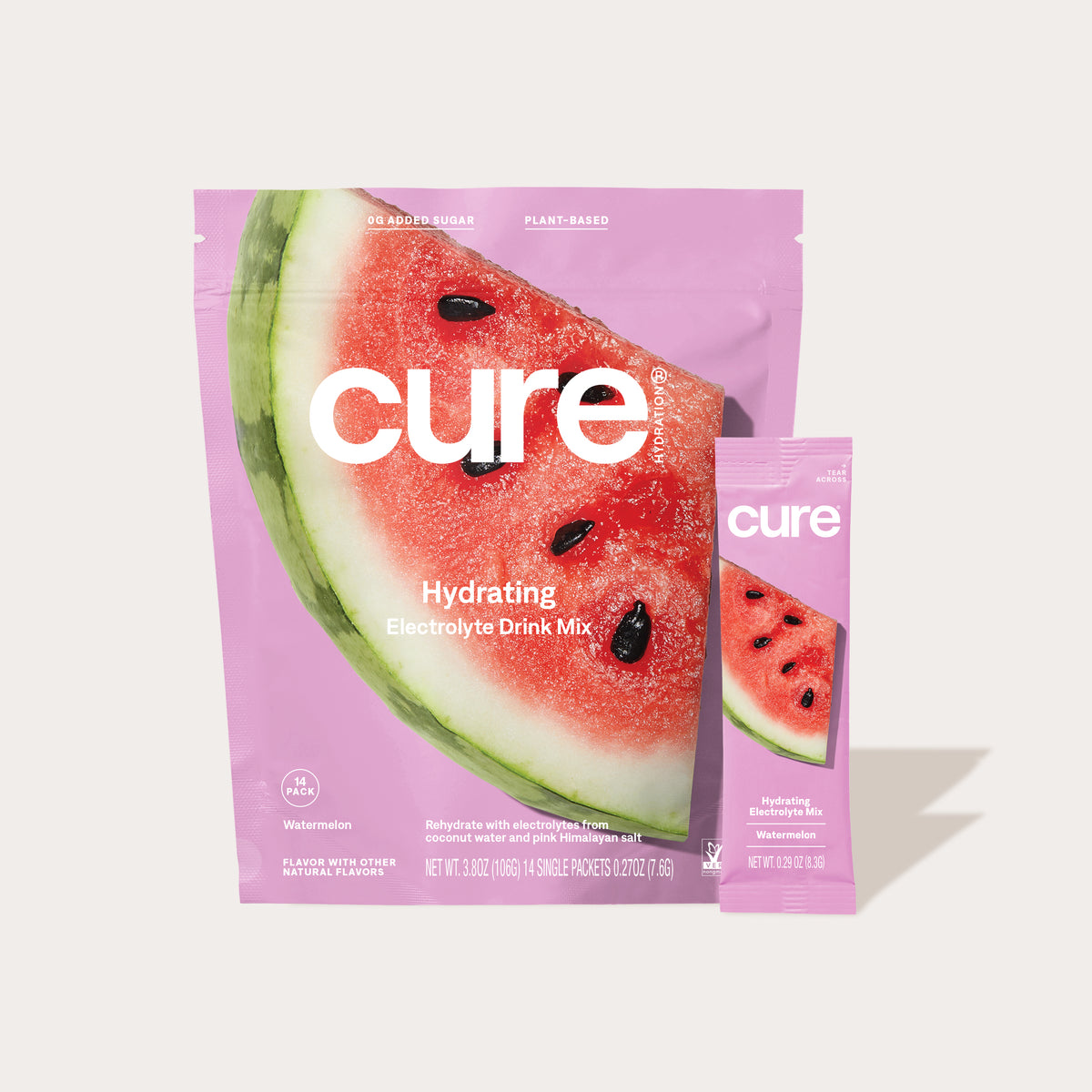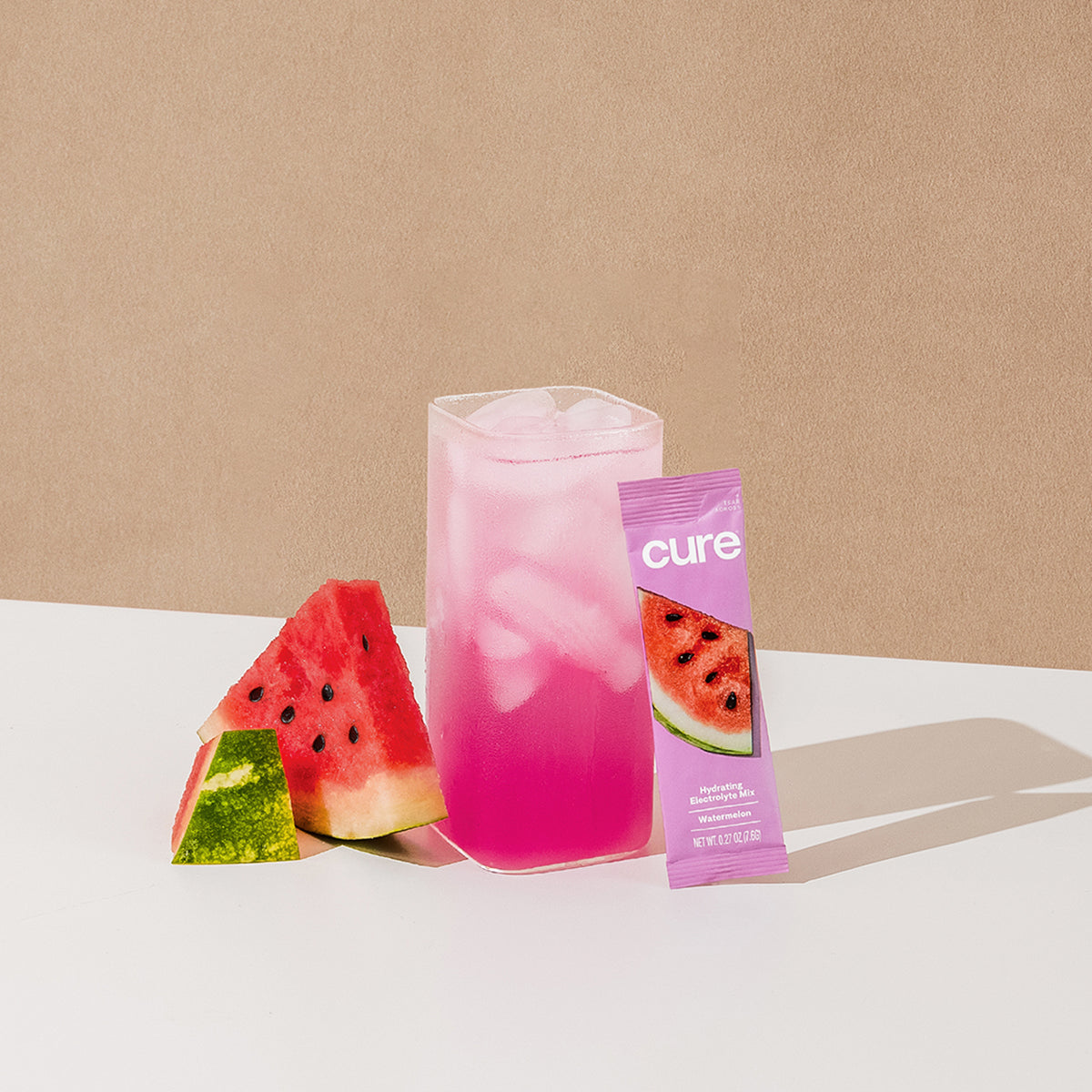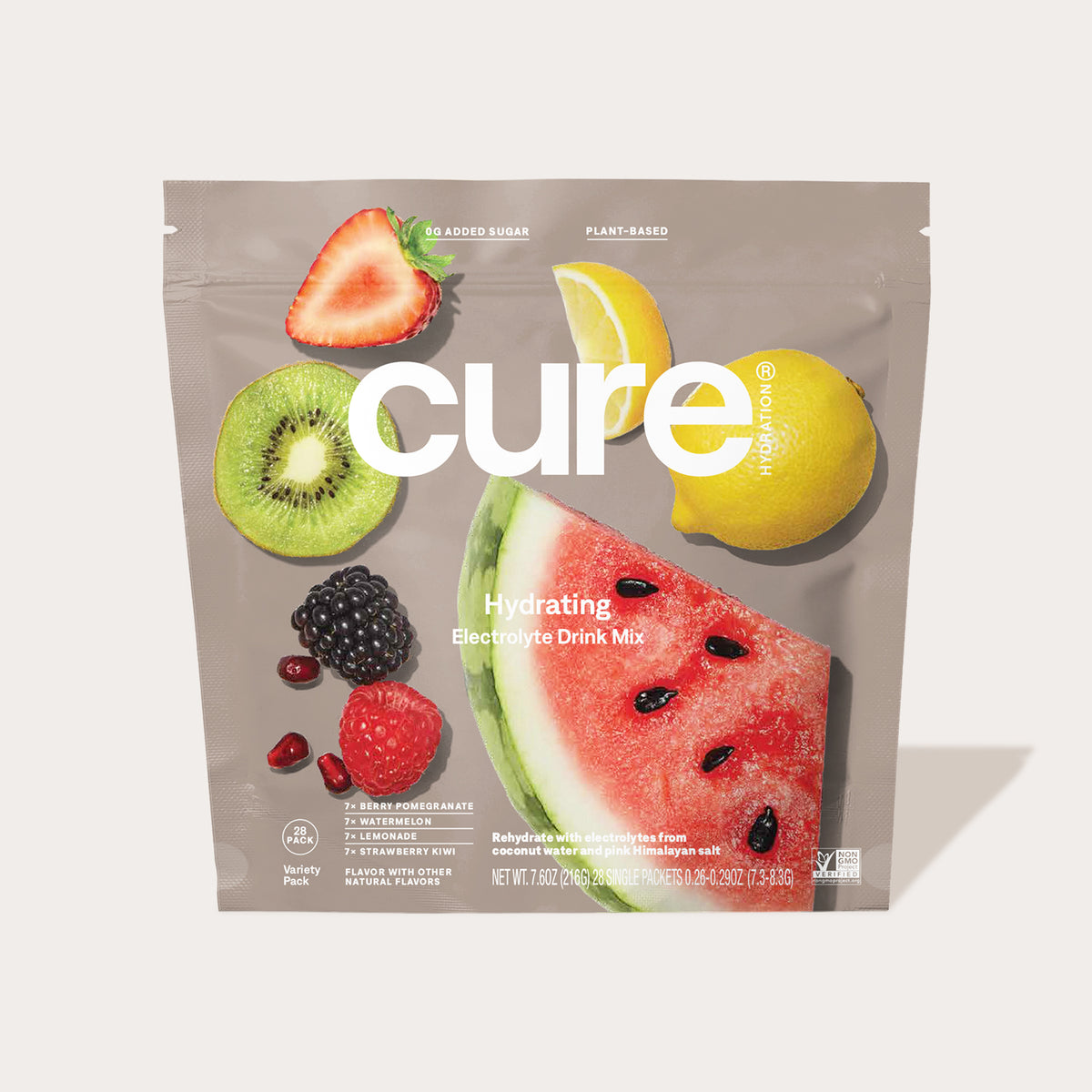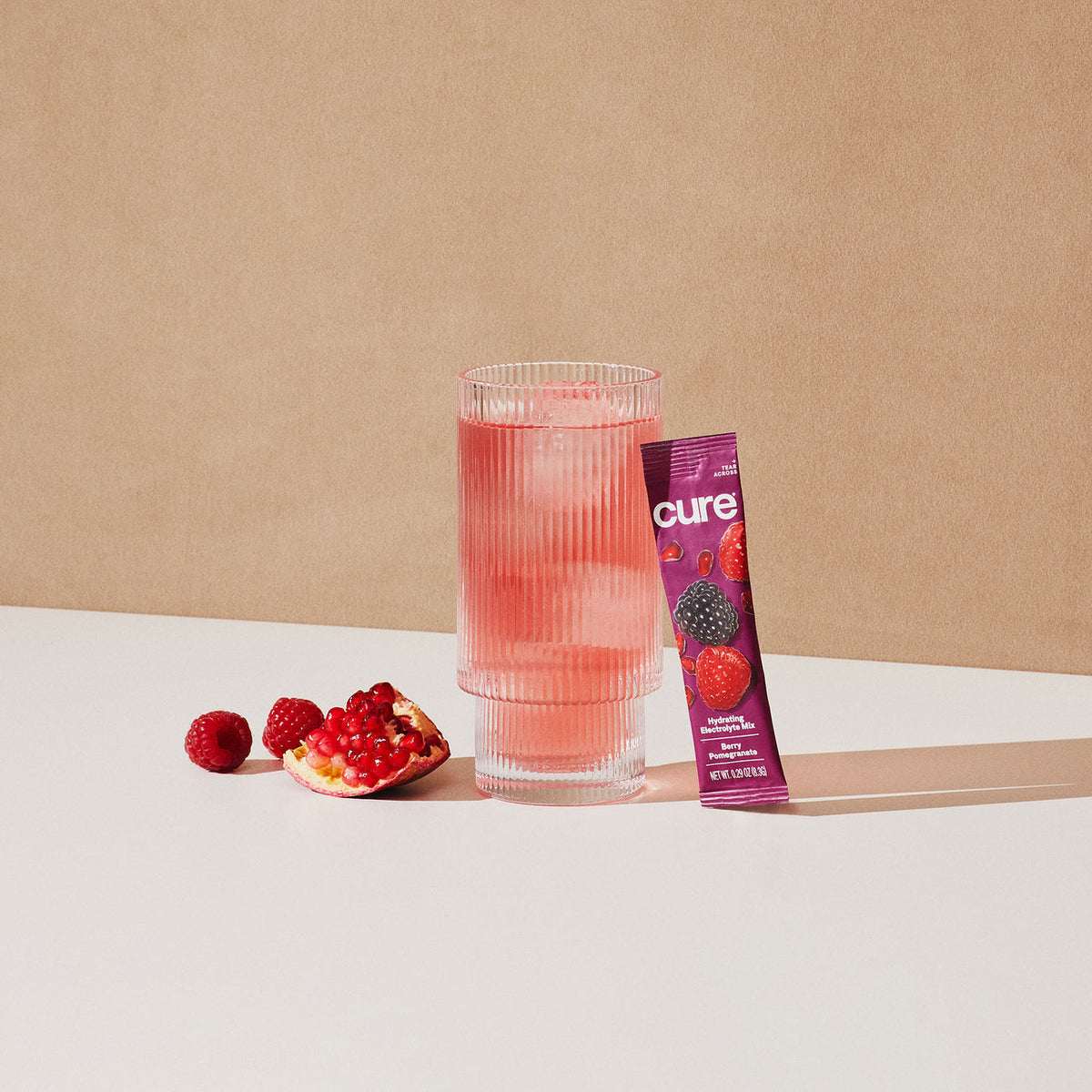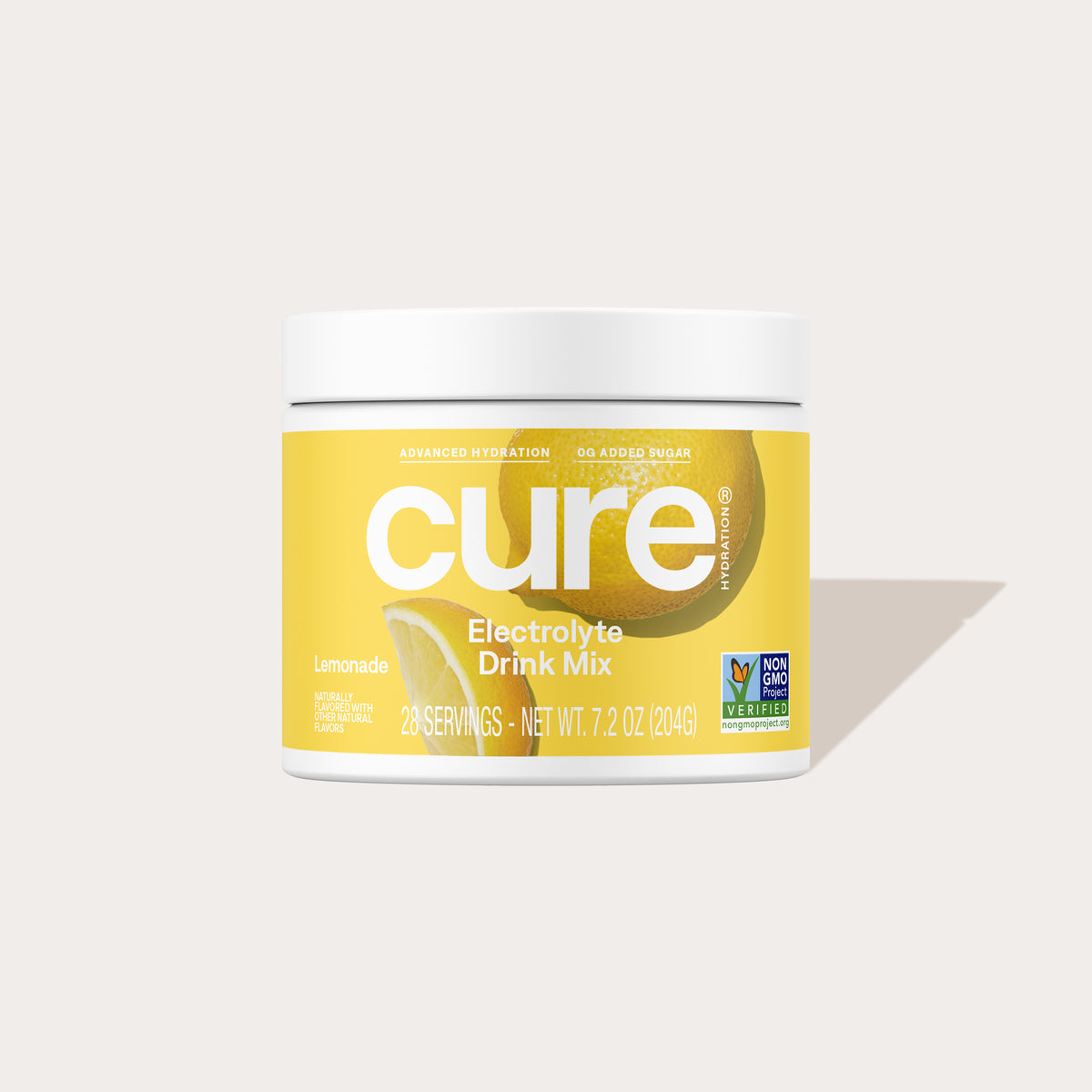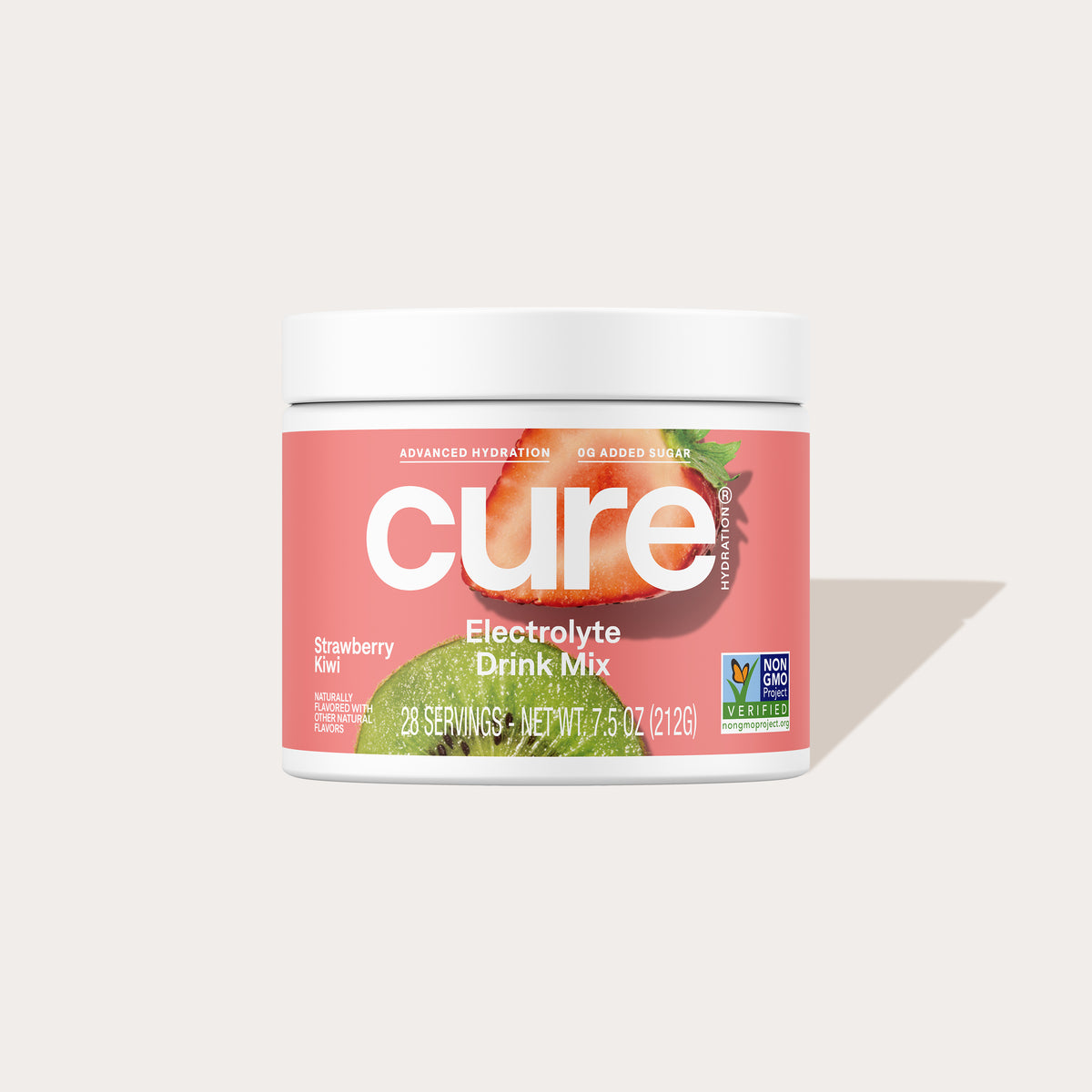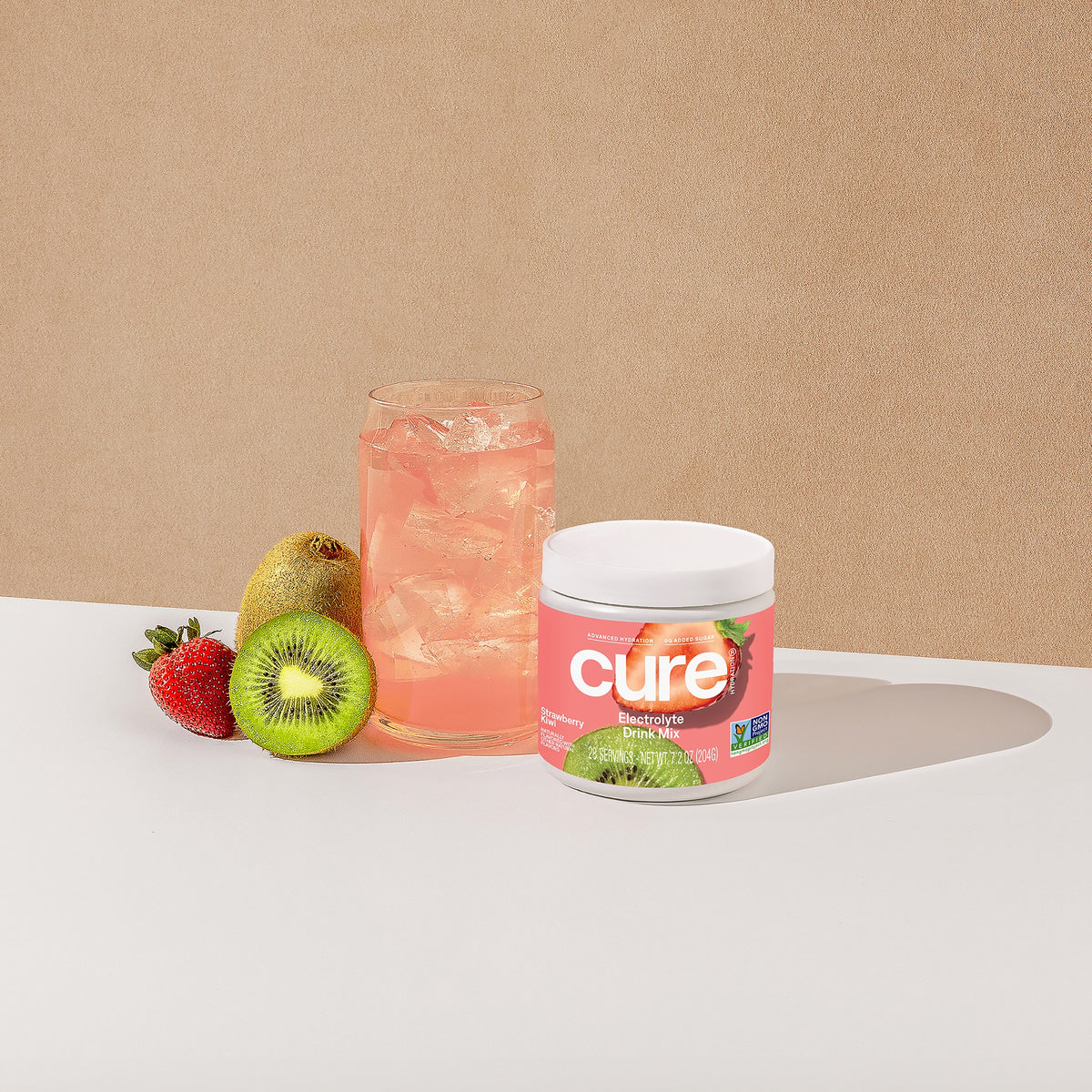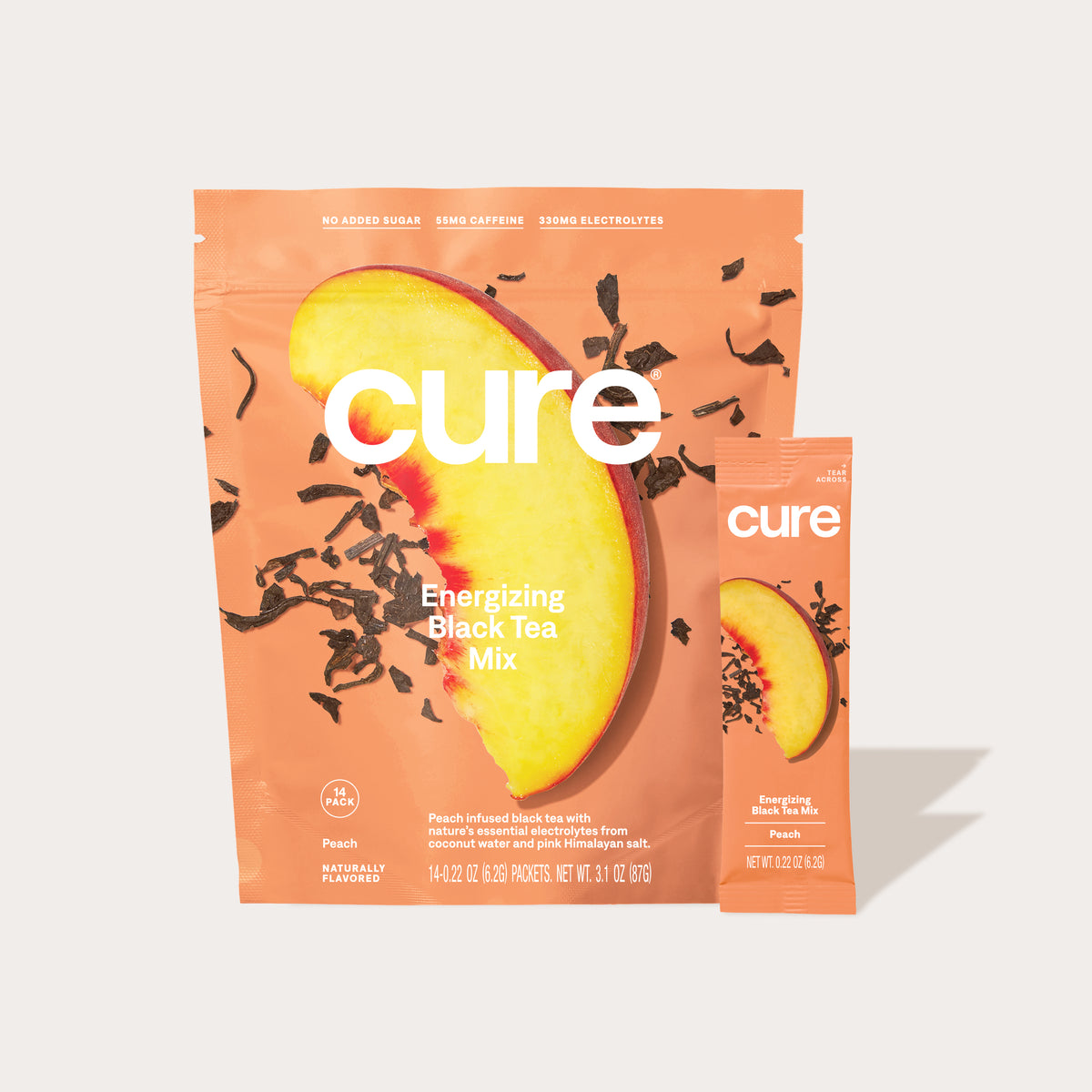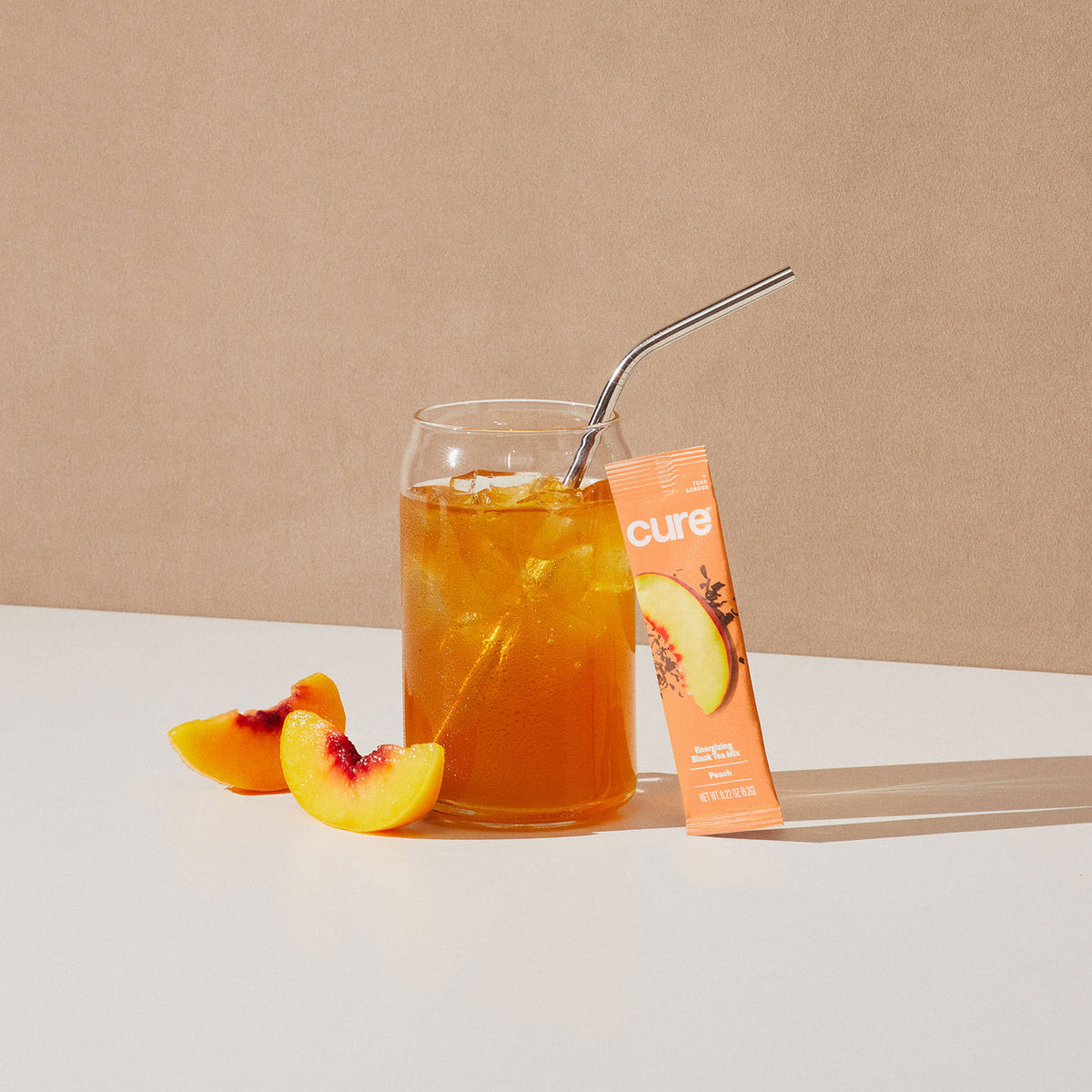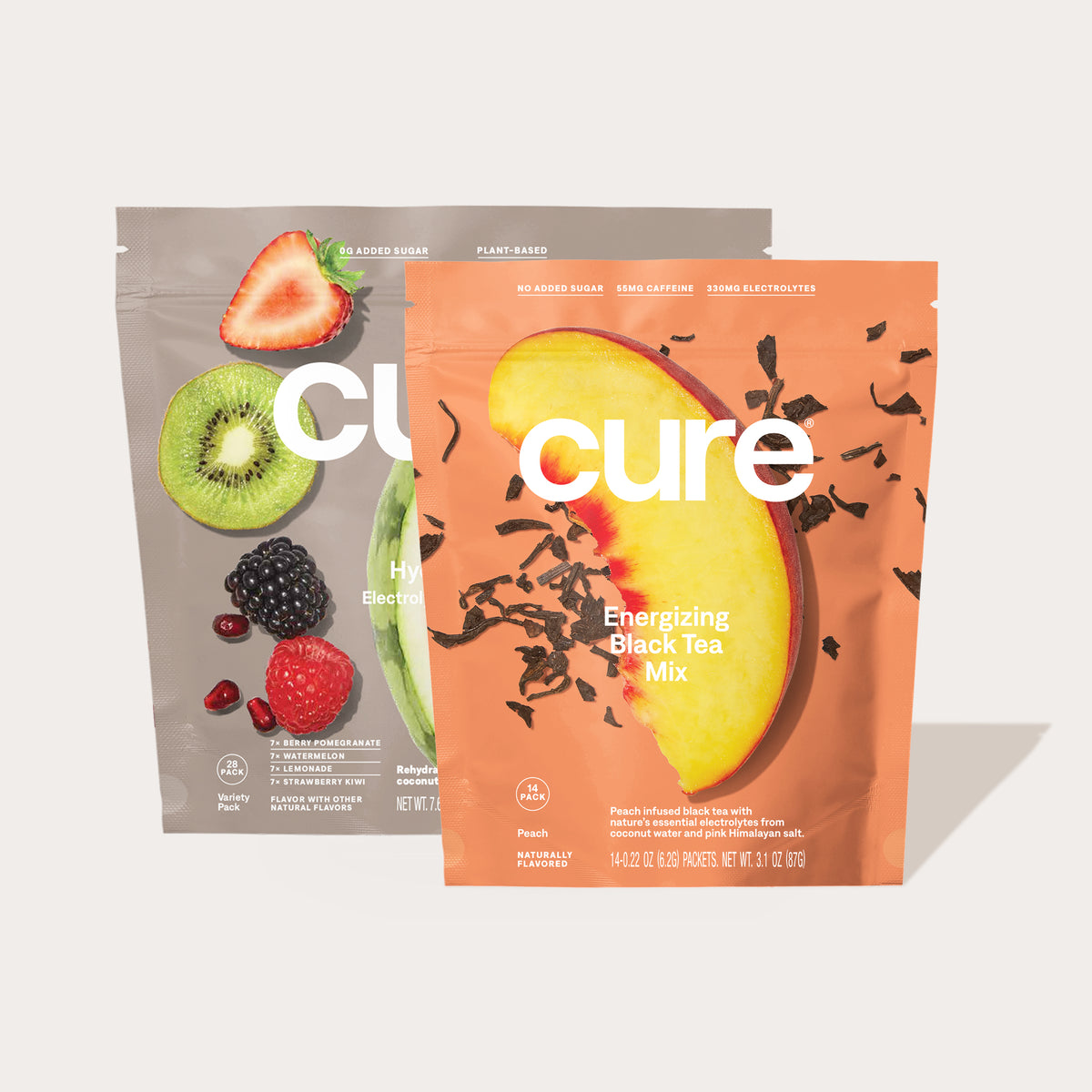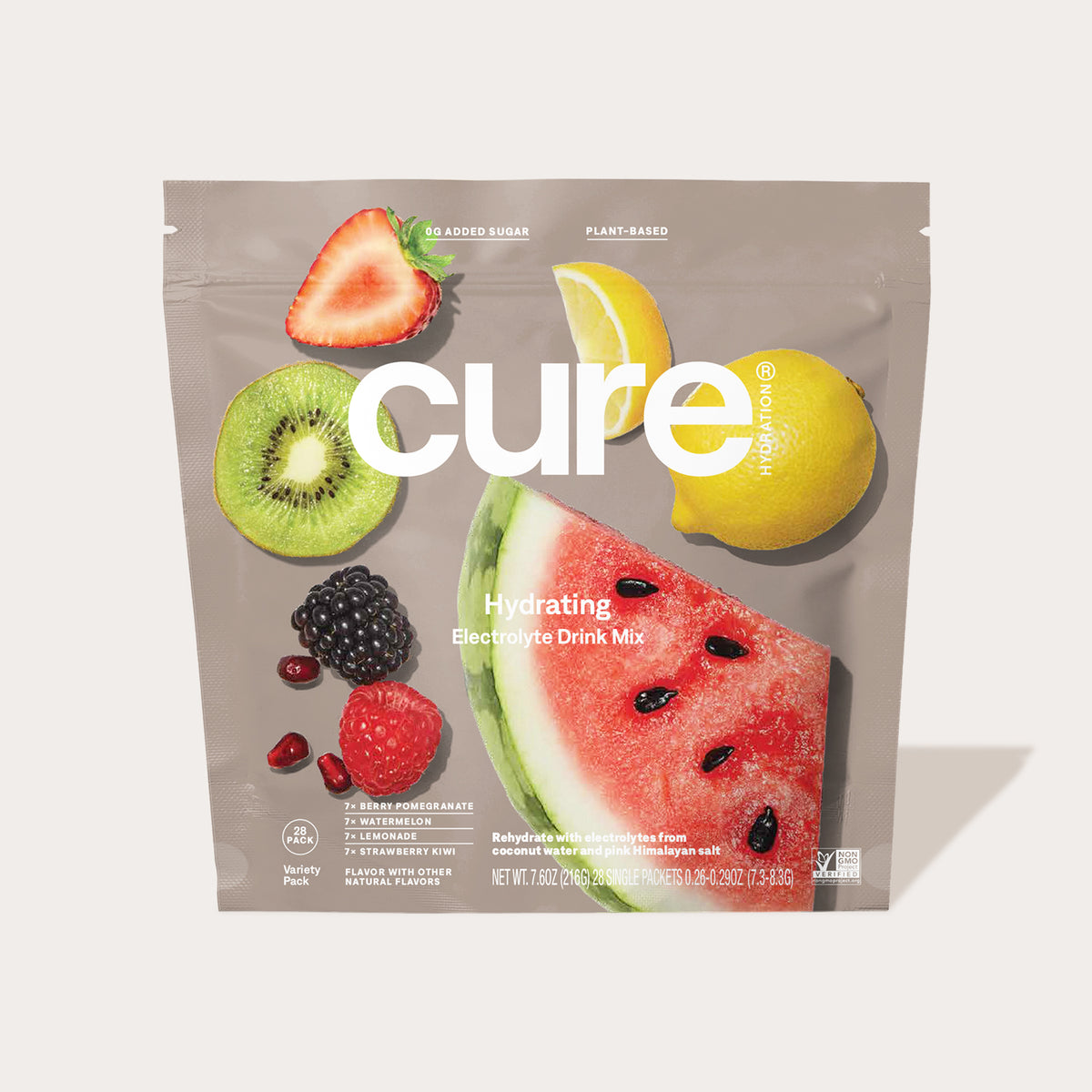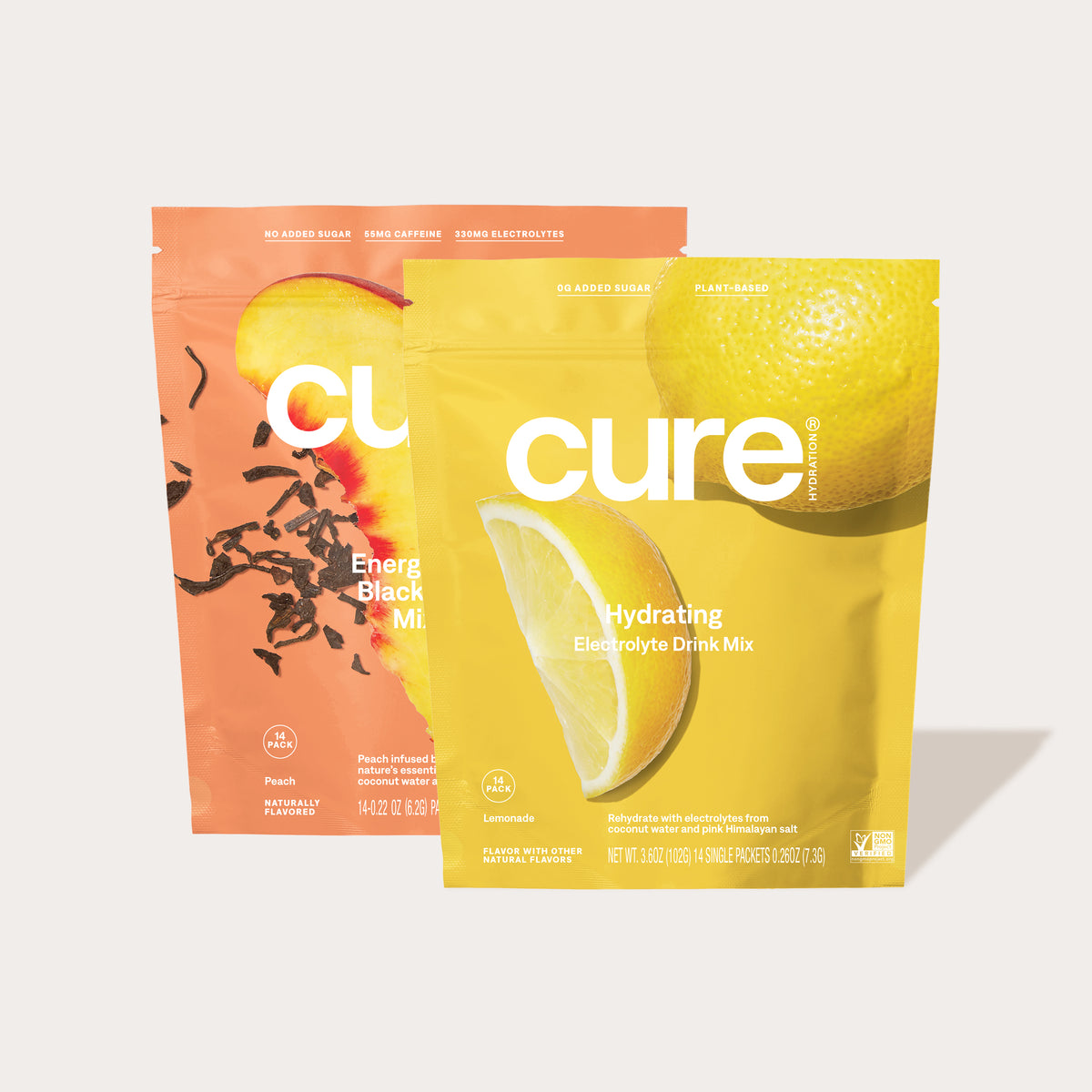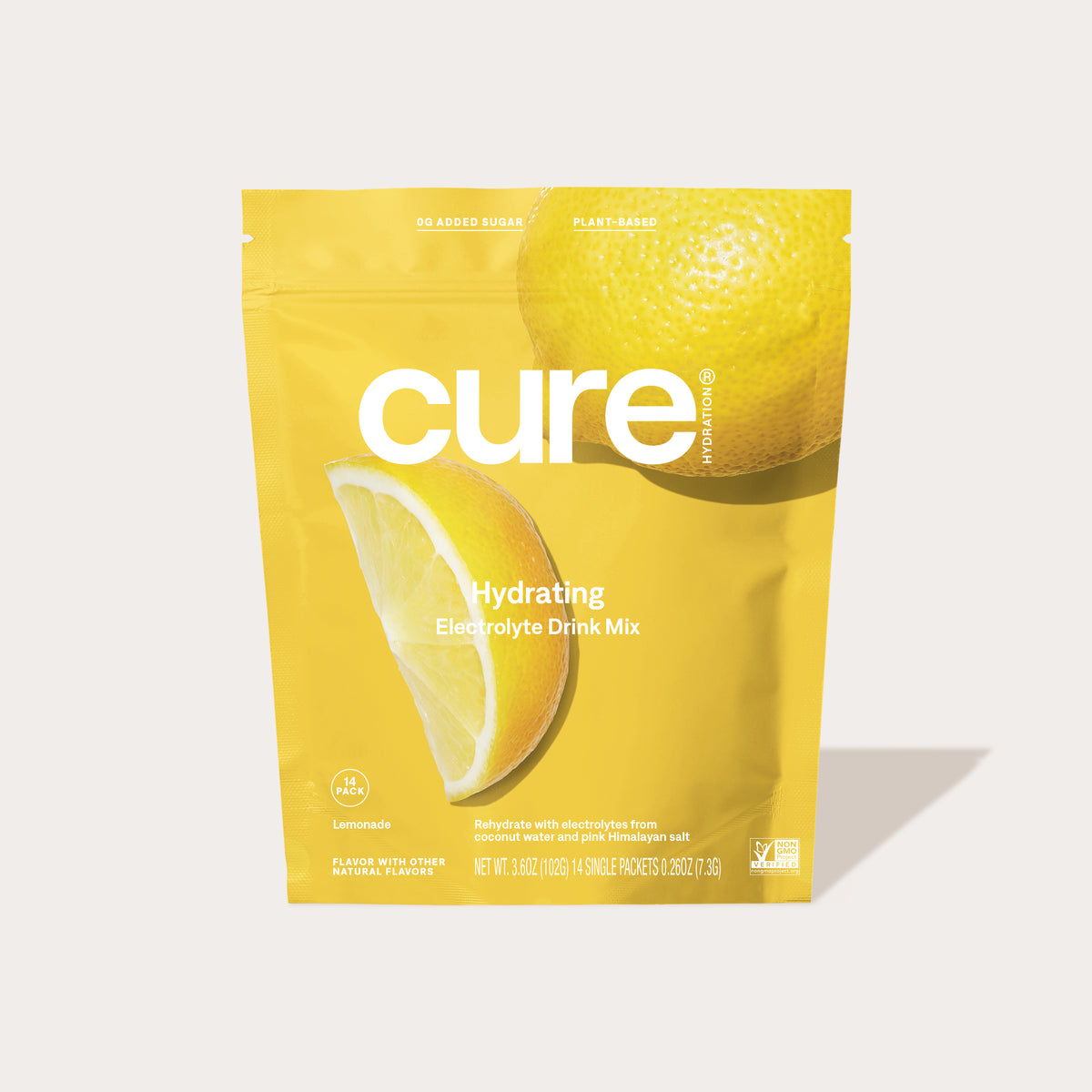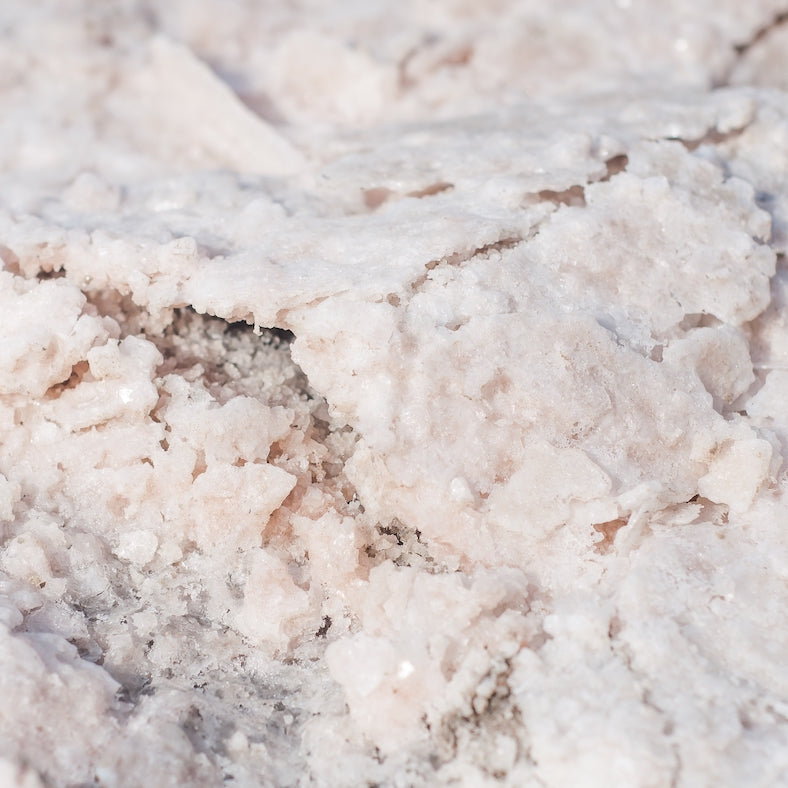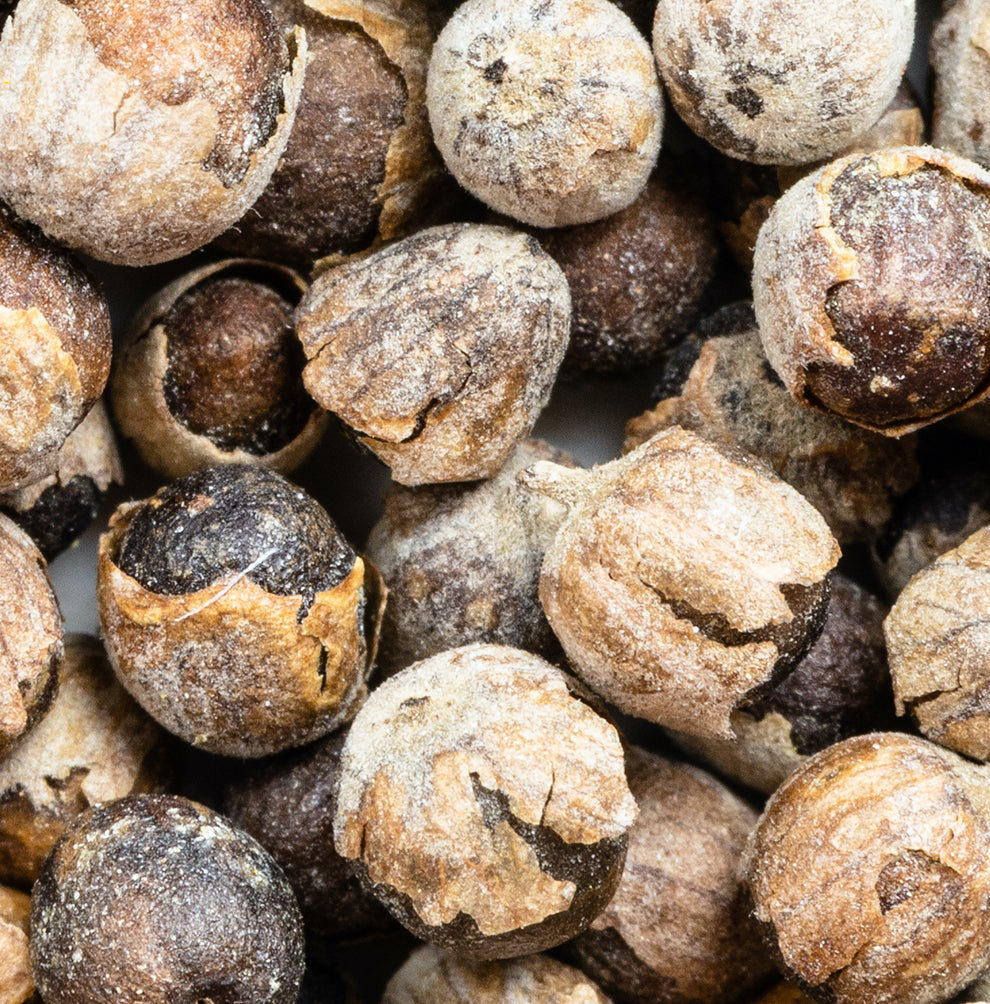Which is better? No added sugars or sugar-free? Depending on your body’s individual needs, it can depend. But we can tell you that being afraid of sugar is totally unnecessary. Glucose, the scientific name for sugar, is what gives your body its energy in the first place.
Without it, you’d feel lethargic and unmotivated to do anything. With that said, if the body has too much of something it needs, there’s a chance that there will be issues down the road. A lot of these issues can range from annoying to life-threatening.
Added sugars are where problems can come in abundance. While you shouldn’t eliminate all sugar from your diet, you can slash out foods and drinks that add way too much sugar to their formulas.
We'll give you the breakdown of products with no added sugars versus sugar-free ones while also giving you the science behind why ditching sugar entirely is actually a bad thing.
How Sugar Is Meant To Help You Hydrate
The World Health Organization created an innovative formula called Oral Rehydration Solution to give urgent attention to dehydrated populations.
With just a bit of sugar and sodium, plus plenty of fluids, the human body can bounce back from even severe dehydration. Fluids are absorbed through the small intestine, and with the right ingredients, your cells can access hydrating materials even faster. Combining the perfect ratio of glucose with salt and water, it acts as a miracle solution for so many people and can be absorbed directly into the bloodstream.
Notice how we said a bit of sugar. And yet, there’s way too much sugar in most products on the market. For no reason! We’re talking around 26 mg of added sugars in the average sports drink, 11g in many drink mixes, and 28g in pre-bottled coconut water. Most of them don’t have a balance of electrolytes, so all you’re doing is drinking sugar water without many, if any, benefits.
Added Sugars
Naturally-occurring sugars in things like fruits and vegetables are there for a reason. Your body needs glucose to hydrate properly. It’s just that added sugars can cause big issues. Many bottled sports or energy drinks have added sugars.
It’s the same thing with many different processed foods. All of these things can cause several kinds of health and emotional problems down the road. Check out some of the possibilities.
Dental Problems
Candy is infamous for causing cavities, but anything with added sugar is dangerous for your teeth. The sugar and bacteria in your teeth interact and can erode the enamel, or protective layer, on your teeth.
Say hello to cavities and expensive dental bills. Remember that even with brushing twice a day and flossing, too much sugar can still infiltrate your teeth and gums and cause long-term damage. Keep those teeth clean!
Cardiovascular Health
Heart issues may increase in those who consume a large amount of added sugars. For the average American, we consume about 10 percent of our daily diets on added sugars. See a problem?
Those who included at least 25 percent of their daily diet were twice as likely to die from heart disease. Clogged blood vessels and arteries mean that your body must work harder to deliver nutrients and fluids to their destination.
Bad Mood
Many factors can contribute to someone being in a bad mood, but too much sugar and not enough nutritious substances can definitely make you feel angry. If your mood has been unstable and you can’t seem to pinpoint a cause, assess your diet and see if your healthy new drink is really as healthy as it says. It may not be healthy for your mood, either.
Discomfort
Discomfort can cause the body all sorts of problems. It is displayed as a symptom in several health conditions. Without muscles and joints feeling their best, the less likely you can complete your workout or compete in sports competitions.
It can also appear as blemishes. If you’re noticing many breakouts lately that can’t be explained by stress or some other factor, you may need to check what you’ve been eating and drinking. Flare-ups can occur with too much sugar in your system, so if you want to avoid an ugly, painful pimple, skip the processed snacks and opt for an apple instead.
What Products Have Added Sugars?
Just because you think something shouldn’t have sugar in it doesn’t mean that it doesn’t. Take canned sauces and any other food you find on the shelf at the grocery store. You’ll be surprised to find that some canned fruits and vegetables may also include added sugars. Even fruit juices aren’t safe from it. Added sugars can be anywhere, and you have to ensure you’re reading the nutrition labels on anything you come across.
Unfortunately, you can’t assume something is healthy if it’s on the shelf, even if it’s marketed as a healthy food product. Watch out for snacks like chips, crackers, pastries, but now you also need to watch for your favorite fruits or another mid-afternoon snack. If it’s marketed towards children, you may even have more sugar on your hands.
Sugar Free
There are no tricks involved with the term sugar-free for the most part. If it’s sugar-free, it shouldn’t have any traces of actual sugar. A lot of sugar-free foods and drinks include natural or artificial sweeteners.
No sweetener is created the same way. They come in syrups and packets, some claiming to be all-natural or plant-based but are actually designed in a lab. More natural sweeteners include syrup and honey, but they’re packed with calories. Remember that sugar-free and calorie-free may not always go together, so read the labels carefully.
Monk fruit and stevia are both plants with a naturally sweet taste and are used as sweeteners in beverages. In fact, some sweeten up to 250 times more than the typical sweetener. So why go for artificial sweeteners made of unknown ingredients or those packed with calories?
We use both monk fruit and stevia in our drink mixes to provide a delicious alternative to sports drinks that have added sugars or artificial sweeteners. Monk fruit and stevia both have unique flavors that bring something special to our drink mixes.
Combined with fruit juices, pink Himalayan salt, and other plant-based ingredients, Cure is a drink mix for anyone at any time. We base our ingredients around scientifically backed information, no guessing games, and no tricks. From the beginning stages of your life to later in your seasons, you can bet that Cure has the vegan solution you’ve been waiting for all of this time.
What Cure Is All About
We began because we were you: in need of a sports drink that was plant-based and delicious without sacrificing nutrition. Cure takes hydration to the next level and is devoted to solutions outside of one-minute sustainability solutions.
Recycling water bottles are great, but what’s even better is not having extra bottles in landfills, to begin with. That’s why our drinks come in mixtures that you can easily add to water. Each portion is measured out so that you can get the perfect amount each time. No measuring or calorie-counting is needed with pre-measured packets and only 30 calories per package.
Plus, behind the scenes, you can rest easy knowing that we’re committed to the best sustainability practices that we can bring to our company. We know that taking care of both your body and the planet is essential to healthy living. So while our top mission is to keep you hydrated, we haven’t forgotten about our responsibilities as good humans too.
Working together for a better planet is something we can all get behind.
If you’re still unsure about what we can do, try one of our starter kits and taste some of our top flavors. Once you fall in love, we are honored to offer same-day delivery to select locations as well as subscription services so that you never miss a day without the best hydration.
Sources:
Eating too much added sugar | health.harvard.edu

